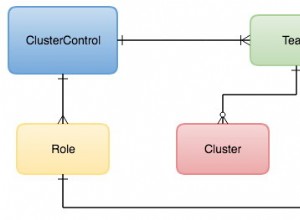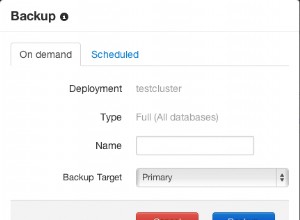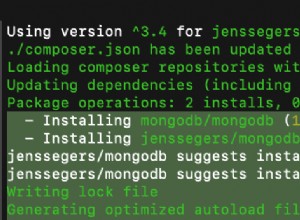Quando você
require('somemodule') e, em seguida, exigi-lo novamente uma segunda vez, ele usará a instância ALREADY carregada. Isso permite que você crie singletons com bastante facilidade. Então - dentro de
sharedmongo.js :var mongo = require('mongodb');
// this variable will be used to hold the singleton connection
var mongoCollection = null;
var getMongoConnection = function(readyCallback) {
if (mongoCollection) {
readyCallback(null, mongoCollection);
return;
}
// get the connection
var server = new mongo.Server('127.0.0.1', 27017, {
auto_reconnect: true
});
// get a handle on the database
var db = new mongo.Db('squares', server);
db.open(function(error, databaseConnection) {
databaseConnection.createCollection('testCollection', function(error, collection) {
if (!error) {
mongoCollection = collection;
}
// now we have a connection
if (readyCallback) readyCallback(error, mongoCollection);
});
});
};
module.exports = getMongoConnection;
Em seguida, dentro de
a.js :var getMongoConnection = require('./sharedmongo.js');
var b = require('./b.js');
module.exports = function (req, res) {
getMongoConnection(function(error, connection){
// you can use the Mongo connection inside of a here
// pass control to b - you don't need to pass the mongo
b(req, res);
})
}
E dentro de
b.js :var getMongoConnection = require('./sharedmongo.js');
module.exports = function (req, res) {
getMongoConnection(function(error, connection){
// do something else here
})
}
A ideia é quando ambos
a.js e b.js chame getMongoCollection , na primeira vez ele se conectará e na segunda vez retornará o já conectado. Dessa forma, garante que você esteja usando a mesma conexão (soquete). 



